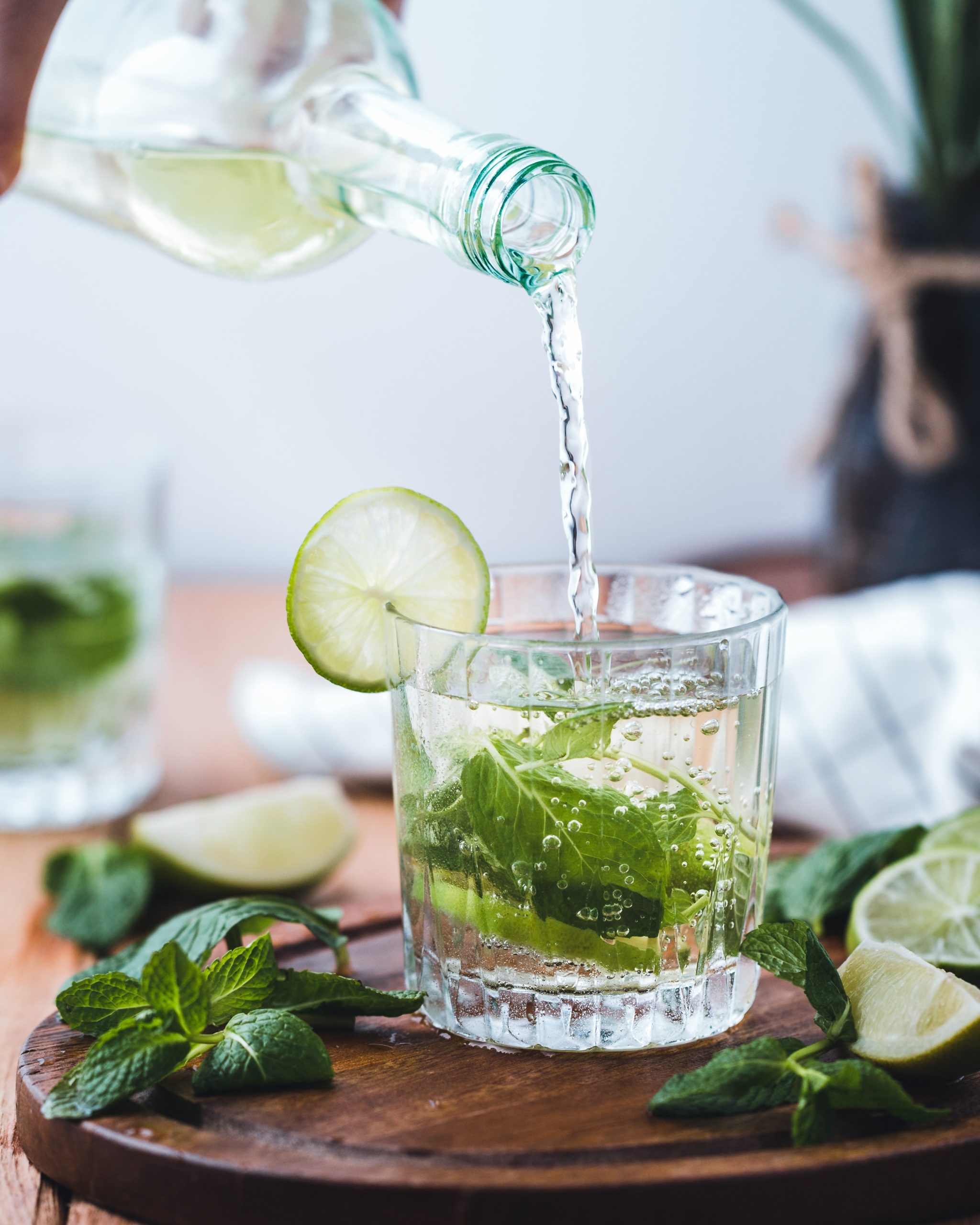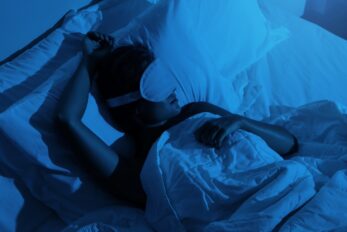Since 2014, wine lovers across Canada have raised a glass every May 25th to celebrate National Wine Day. As for their wine consumption on the remaining 364 days, it’s hard to say—but we’re not here to judge, only to help. We know first-hand how a drink in the evening feels like the balm you need after a stressful day—but the truth is it’s not actually helping you to relax and drift off more easily, like you think it is. So, before you uncork that bottle tonight, find out just how alcohol may be impacting your sleep.
Will alcohol help me fall asleep?
Alcohol has long been used as a sedative, and a beverage or two in the evening is often seen as a popular method for initiating sleep. Given its convenience, low cost, and relatively low risk, evening alcohol consumption has also been a popular choice for self-treatment of insomnia. In fact, researchers in at least two sleep studies found that up to 28% of subjects used alcohol to help them fall asleep.
At a first glance, this may look like a promising method of inducing sleep or sleepiness, but studies have painted a different picture. To understand the real impact of alcohol on sleep, you’ll need to understand the different sleep stages that evening drinking impacts.
Falling asleep and quality sleep aren’t equals
There are two main categories of sleep—rapid eye movement (REM) and non-REM. Non-REM sleep is composed of roughly three quarters of our nightly sleep and is characterized by periods of light and deep sleep. Research has suggested that deep sleep is restorative in nature and serves as an overnight repair session for the body.
REM sleep occurs after non-REM sleep and can last up to 30 minutes before returning to non-REM sleep. This REM sleep is the type of sleep we experience while dreaming and is characterized by rapid eye movement, increased or irregular breathing, as well as increased brain activity. Although research on REM sleep remains ongoing, it’s strongly believed that REM sleep is important for memory retention, learning, metabolic balance, and physical recovery, among other functions.
This is where regular evening drinking comes into play. Although a few glasses of your favourite pinot might help you drift off more easily, the rest of your night is more likely to experience disruptions. That is, the regenerative and restorative parts of your sleep are being compromised—and that can lead to its own share of problems!
With insufficient quality and quantity of sleep over time, your chances of serious health issues increase dramatically. Without that nightly restoration, you may find yourself at a greater risk for heart attacks, strokes, obesity, depression, and daytime drowsiness to name a few. So, what’s the safest way to enjoy your favourite evening beverage after a tough day at work?
So, can you drink at night?
As with most things, moderation is the way to go. For light to moderate social drinkers, sleep quality shouldn’t be impacted by an occasional drink or two before bed. However, try to avoid alcohol within four hours of bedtime. And if you’re frequently relying on alcohol to help you fall asleep, you may have an undiagnosed sleep disorder. Book a complimentary sleep consultation today and learn how we can help you get the rest you deserve without putting one of your body’s core processes at risk.
We wrote this post with reference to a journal on PubMed Central®. You can read the full journal here.






